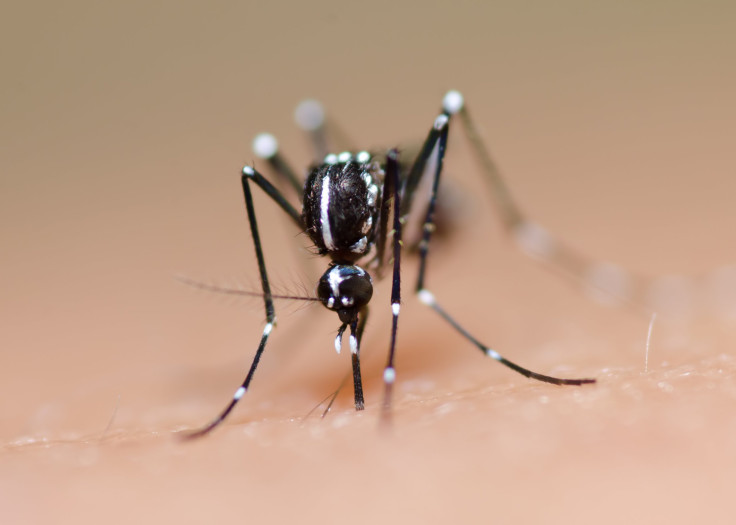Dengue-Blocking Mosquito In Vietnam: Citizens Welcome Mosquito Bites To Fight Off Virus

Dengue fever, also known as “breakbone fever” due to the joint pain and headaches it induces, is a virus common in tropical areas that has no vaccine or treatment.
Scientists tampering with mosquitos hope to have a new way to fight the disease that affects 380 million people worldwide: by releasing the pests into the wild and into people’s homes. Though it may seem counterproductive as dengue fever is transmitted through mosquito bites, scientists have found a way to stop the virus by implanting a type of bacteria called Wolbachia into the mosquitos that cause the disease.
According to the World Health Organization (WHO), dengue is not transmitted from person to person, but rather through the bite of an Aedes aegypti mosquito infected with one of the four serotypes of dengue virus. As there is no vaccine or treatment, patients should simply rest and drink plenty of fluids. Dengue is common in tropical and sub-tropical parts of the world, with the majority of people infected with the virus in Asia; but in recent years, the virus “has spread to many countries, with outbreaks even in Europe and several countries recording an increasing number of imported cases,” the WHO states on its website.
Back in 2008, scientist Scott O’Neill, who had been working with the bacteria Wolbachia for several decades, discovered that it could be implanted into mosquitos to be passed down generations. Wolbachia is found in a large amount of insects — up to 70 percent of all insect species — but is not carried by particular mosquitoes, including the Aedes aegypti, which causes dengue. When Wolbachia was inserted into Aedes mosquitos, O’Neill found that it not only shortened the insect’s life, but also blocked dengue. “The dengue virus couldn’t grow in the mosquito as well if the Wolbacia was present,” O’Neill told the Associated Press, TIME magazine reports. “And if it can’t grow in the mosquito, it can’t be transmitted.” Scientists have also been looking for other diseases that Wolbachia can be used to fight against.
O’Neill and his team tested the Wolbachia-infected mosquitos by releasing them into small communities in Australia. Within two-and-a-half years, the Wolbachia mosquitos had overtaken the native mosquitos, remaining 95 percent dominant. Then, the scientists decided to test the mosquitos in Southeast Asia, which led them to Nguyen Thi Yen, an entomologist at Vietnam’s National Institute of Hygiene and Epidemiology.
The Wolbachia-infected mosquitos were released onto an island called Tri Nguyen in Vietnam, which has a population of 3,500 people — into homes and in the wild, where residents were glad to accept them: “We do not kill the mosquitoes,” fisherman Tran To told the Associated Press. “We let them bite. The Wolbachia living in the house is like a doctor in the house. They may bite, but they stop dengue.”
The scientists working on the project see the mosquitos as their babies, and hope that they will successfully stop dengue on the island. If that happens, the life-saving insects can potentially be used on a wider scale to prevent the virus. “When I’m sleeping, I’m always thinking about them,” Yen told the Associated Press. “I’m always worried about temperature and food. I take care of them same-same like baby. If they are healthy, we are happy. If they are not, we are sad.”
Published by Medicaldaily.com



























